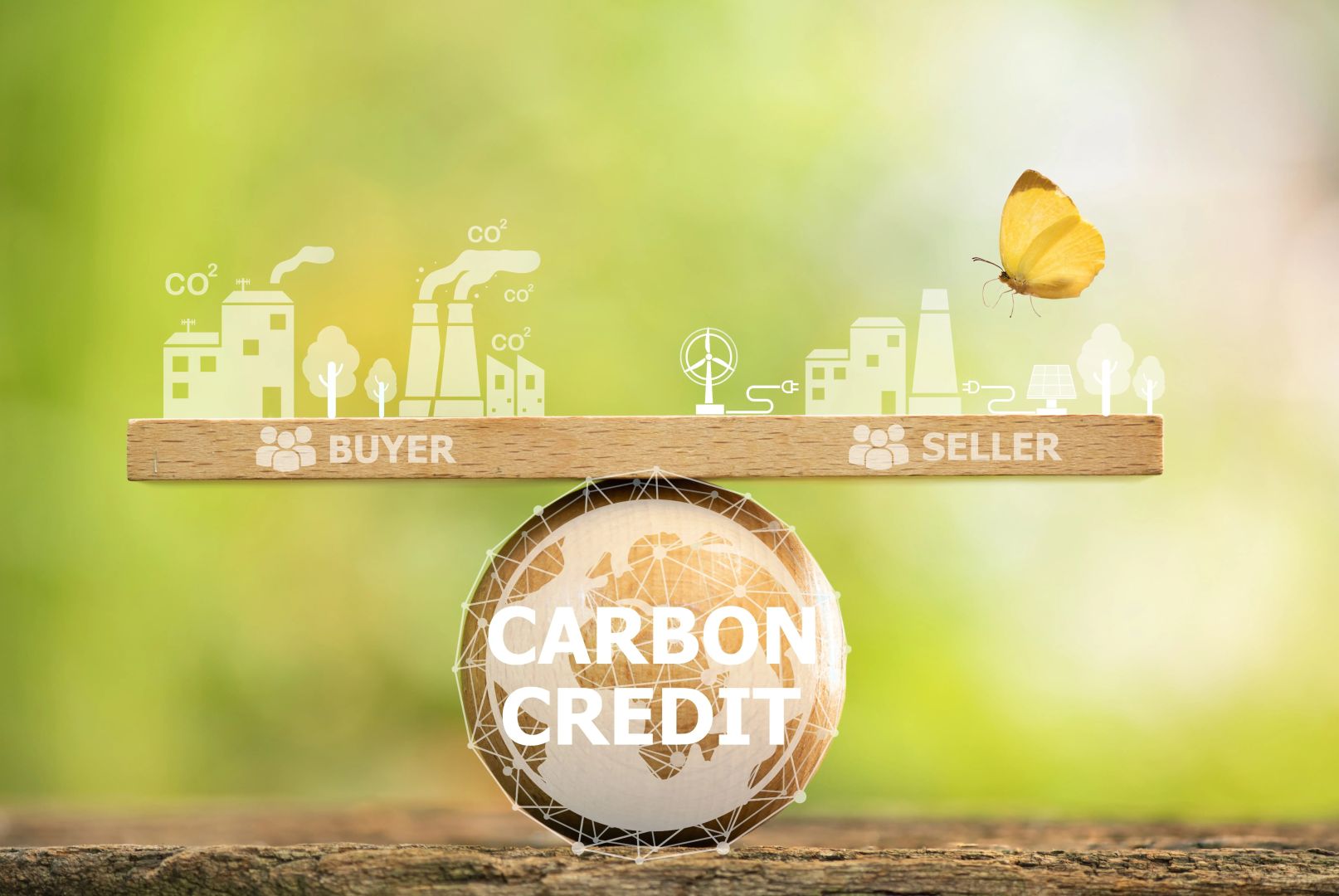Baku accord signals turning point for carbon market integration

In a pivotal development for international climate policy, the World Bank has hailed the recent agreement on international carbon markets at COP29 in Baku as a potential game-changer for global climate finance. According to its latest report, the consensus reached on Article 6 of the Paris Agreement could significantly expand countries’ participation in carbon trading and unlock billions in new investment for low-income nations.
The World Bank underscores that for carbon markets to become a robust tool in the global fight against climate change, they must be credible, transparent, and regulated. The agreement achieved in Baku delivers just that—by clarifying the rules for cross-border carbon trading and mandating the development of institutional and regulatory frameworks at the national level. Importantly, it lays the groundwork for the creation of UN-supervised registries and standardized market infrastructure, which will ensure accountability and traceability in emissions reduction efforts.
What are carbon markets—and why do they matter?
At their core, carbon markets are systems for buying and selling carbon emission allowances or credits. These markets function on the principle that one ton of carbon dioxide reduced or sequestered in one part of the world can offset an equivalent emission elsewhere. When governed effectively, carbon markets offer a cost-efficient means to reduce global emissions.
Their importance lies in flexibility. Instead of mandating uniform emissions cuts across all countries—regardless of capability or development stage—carbon markets allow countries or companies that can reduce emissions more cheaply to sell excess reductions to others. According to the World Bank, this mechanism could lower the overall cost of achieving national climate targets (Nationally Determined Contributions or NDCs) by up to $250 billion annually.
However, the promise of carbon markets had been held back for nearly a decade by a lack of consensus on how such markets should function globally—particularly on the rules governing transparency, double counting, and credit integrity. This gridlock prevented countries from fully leveraging markets to meet their climate goals.
COP29: Breaking a decade-long deadlock
The historic agreement reached at COP29 in Baku marks the conclusion of over ten years of complex negotiations. With consensus secured on all three key sub-articles—6.2, 6.4, and 6.8—the framework for a functional, transparent, and equitable global carbon market is finally in place.
Article 6.2 establishes bilateral or multilateral cooperation between countries, enabling them to trade emissions reductions transparently.
Article 6.4 sets up a centralized UN-supervised carbon market, through which emissions reduction credits can be issued, traded, and retired. This is considered the successor to the Clean Development Mechanism under the Kyoto Protocol.
Article 6.8 provides for non-market approaches to support countries in implementing their NDCs, including through financial aid, technology transfer, and capacity building.
One of the most significant aspects of the agreement is that the new carbon market system will now operate under the full oversight of the UN Framework Convention on Climate Change (UNFCCC). This global coordination is crucial for ensuring that credits represent real, verifiable reductions and are not double-counted by both buyer and seller nations.
Azerbaijan’s successful hosting of COP29 and the breakthrough it facilitated on Article 6 signal a major diplomatic achievement for the country. As the COP29 Presidency, Azerbaijan prioritized resolving the long-standing impasse, deploying both technical and political negotiations to forge consensus among over 190 countries.
This leadership has elevated Azerbaijan's standing in the global climate arena. Moreover, as a developing country with growing green energy ambitions—particularly in solar, wind, and hydropower—Azerbaijan stands to benefit from the financial flows enabled by carbon markets. By emitting less than its allocated emissions quota, Azerbaijan could generate carbon credits for sale on the international market, channeling those revenues into further green development.
Beyond economics, the broader geopolitical implication is clear: Azerbaijan has positioned itself not only as a regional energy hub but also as a facilitator of global climate cooperation at a time when multilateralism is under pressure.
With the implementation of Article 6, developing nations now have a powerful tool to attract climate finance. Countries emitting below their cap can sell excess allowances, while high emitters—often industrialized nations—can meet their targets more flexibly. All transactions will be logged in centralized registries, and under the scrutiny of the UNFCCC, helping rebuild trust in the integrity of climate action mechanisms.
The success of COP29 may also revive confidence in the multilateral climate process, at a moment when many were losing faith in its ability to deliver concrete results. Although significant challenges remain in turning policy into practice—such as operationalizing registries, verifying credits, and preventing market manipulation—the Baku agreement has reignited momentum.
The outcomes of COP29 are more than diplomatic triumphs—they represent the scaffolding of a functional global carbon market, potentially unlocking hundreds of billions in finance and accelerating emissions reductions worldwide. For Azerbaijan, this is a defining moment on the international stage. For the world, it may be the long-awaited turning point toward achieving the goals of the Paris Agreement through cooperative, market-driven climate action.
Here we are to serve you with news right now. It does not cost much, but worth your attention.
Choose to support open, independent, quality journalism and subscribe on a monthly basis.
By subscribing to our online newspaper, you can have full digital access to all news, analysis, and much more.
You can also follow AzerNEWS on Twitter @AzerNewsAz or Facebook @AzerNewsNewspaper
Thank you!

